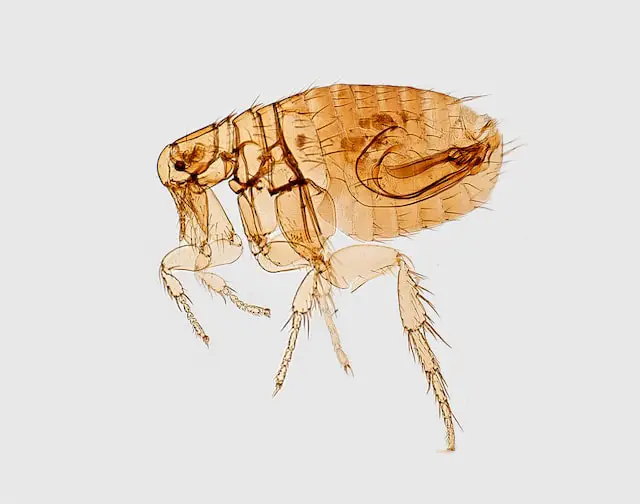Feral cats are often seen as a nuisance, but they can be beneficial. For example, they can help control the rodent population. However, one potential downside of having feral cats is that they may have fleas. So, do feral cats have fleas? Let’s take a look.
The answer to this question is yes and no.
While feral cats may be more likely to have fleas than domestic cats, not all feral cats will necessarily have fleas. Again, it depends on the individual cat’s circumstances.
For example, if a feral cat lives in an area with many other animals, there is a greater chance that the cat will come into contact with fleas.
Additionally, if the cat lives in an area with a lot of trash or debris, this can provide a perfect breeding ground for fleas.
On the other hand, if a feral cat lives in a relatively clean area with few other animals, the cat’s chances of fleas are much lower.
Feral cats are un-socialized cats with little to no interaction with humans.
They typically live in colonies and survive by scavenging for food.
Because feral cats are not regularly exposed to pesticides, they are often hosts for fleas and other parasites.
In addition, feral cats typically don’t have access to regular veterinary care, so their flea infestations can go unchecked.
As a result, it’s not uncommon for feral cats to have large numbers of fleas. So if you come into contact with a feral cat, take precautions to avoid getting fleas yourself.
How to get rid of fleas in Feral cats?
Feral cats are elusive by nature, making it challenging to provide them with the care they need.
One of the most common problems faced by feral cat caregivers is flea infestation.
While there are several methods for getting rid of fleas, finding one that is safe and effective for feral cats can be tricky.
One of the most popular methods is using a spot-on treatment that is applied to the back of the neck.
This method kills fleas when they come into contact with the treatment. However, it is essential to note that spot-on treatments can be toxic to cats if not appropriately used, so it is necessary to follow the instructions carefully.
Another method for getting rid of fleas is using an insecticidal spray.
This type of spray works by killing fleas on contact and can be safely used around feral cats. However, it is essential to note that insecticidal sprays can harm plants and animals if not used properly, so it is necessary to follow the instructions carefully.
Whichever method you choose, always use caution when dealing with feral cats to ensure their safety and well-being.
How to help feral cats with fleas?
Feral cats are wild cats that have not been domesticated. They typically live in groups, and they often have fleas.
While fleas may not seem like a big deal, they can cause many problems for feral cats. Fleas can carry diseases, and they can also cause the cat to become anemic.
In addition, fleas can be very uncomfortable, causing the cat to scratch and bite itself. As a result, it’s essential to help feral cats with fleas.
There are a few things you can do to help reduce the number of fleas on a feral cat.
- First, you can provide the cat with a regular fresh water supply. This will help to keep the cat hydrated, which can make it less attractive to fleas.
- Second, you can apply a spot-on flea treatment to the cat’s fur. This will kill adult fleas and eggs, helping to reduce the overall population.
- Finally, you can provide the cat with a safe place to hide from predators. This will help to reduce the amount of stress in the cat’s life, which can make it less susceptible to fleas.
By taking these steps, you can help to keep feral cats healthy and comfortable.
Conclusion
In conclusion, while feral cats may be more likely to have fleas than domestic cats, this is not always the case. It depends on the individual cat’s circumstances. If you have any concerns about your feral cat’s health, consult a veterinarian.
[su_box title=”Affiliate Disclosure”]This website is supported by its readers. Please assume that all links are affiliate links. If you make a purchase from one of the links we will make a commission from Amazon. Thank you.[/su_box]




